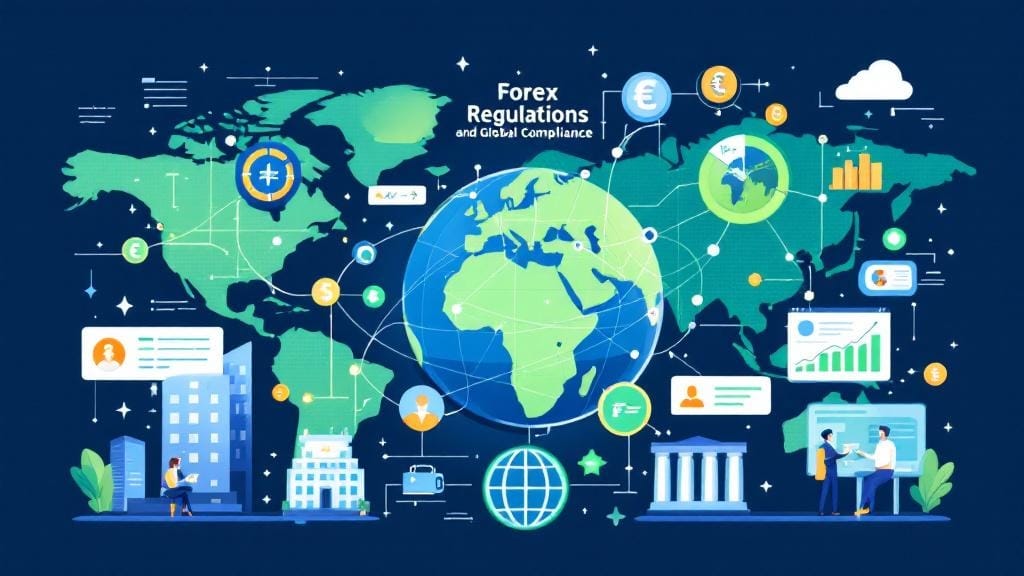Debt can feel overwhelming, especially when you’re juggling multiple payments, high-interest rates, and mounting stress. Fortunately, debt counseling services are designed to help you regain control of your finances, offering expert guidance and actionable advice to manage and reduce debt. Whether you’re struggling with credit card bills, loans, or other financial burdens, debt counseling can provide the support you need to achieve financial freedom.
In this comprehensive guide, we’ll walk you through what debt counseling is, the different types of counseling available, and how to choose the right service for your needs. Plus, we’ll cover helpful tips for improving your financial situation and avoiding common pitfalls.
What Is Debt Counseling?
Debt counseling, often referred to as credit counseling or debt management counseling, involves working with a professional advisor to address your debt problems. The goal is to help you create a manageable repayment plan, negotiate lower interest rates, and improve your financial habits. With debt counseling, you can receive advice on budgeting, debt reduction strategies, and steps to avoid collection agencies and late payment penalties.
Why Consider Debt Counseling?
If you find yourself struggling to meet your financial obligations, debt counseling could be a lifeline. Here’s why:
-
Expert Guidance: Professional debt advisors are certified credit counselors who understand the intricacies of debt management and financial planning.
-
Personalized Solutions: Debt counselors can assess your financial situation and design a customized repayment plan tailored to your income and debt burden.
-
Stress Relief: With the help of a professional, you can relieve the stress of managing debt on your own, and focus on rebuilding your financial future.
-
Avoid Collection Agencies: Effective debt counseling can help you avoid aggressive collection agency actions, which often add unnecessary stress to an already challenging situation.
Types of Debt Counseling Services
There are several types of debt counseling services available, depending on your needs and the complexity of your debt situation. Let’s explore the most common ones:
1. Credit Counseling Services
Credit counseling services focus on helping individuals understand their credit situation and improve their financial health. These services usually provide a free initial consultation and create a personalized plan to pay off debts.
Benefits of credit counseling services include:
-
Budget Planning: Counselors assist you in creating a practical budget that aligns with your income and financial goals.
-
Financial Education: They help you understand your credit score and provide personal finance education on how to improve it.
-
Credit Score Improvement: By following expert advice, you can work toward improving your credit score, which may lead to better interest rates in the future.
2. Nonprofit Debt Counseling
Nonprofit debt counseling services are often offered by reputable organizations that provide services at little to no cost. These agencies are typically focused on helping individuals manage debt without seeking to profit from their financial struggles.
Key features of nonprofit debt counseling include:
-
Free or Low-Cost Services: Many nonprofit organizations offer free debt counseling services or charge minimal fees.
-
Focus on Your Best Interests: Since these organizations are not driven by profits, their primary goal is to help you manage your debt in the most sustainable way.
3. Online Debt Counseling
In today’s digital age, online debt counseling is becoming an increasingly popular option. Many nonprofit and professional debt advisors now offer online services that allow you to receive financial guidance from the comfort of your home.
Advantages of online debt counseling:
-
Convenience: You can access counseling services anytime and from anywhere.
-
Confidentiality: Online counseling is often more private, allowing you to address your financial struggles without the pressure of in-person meetings.
-
Cost-Effective: Some online services are either free or charge lower fees than traditional face-to-face counseling.
4. Debt Relief Counseling
Debt relief counseling is more comprehensive and typically involves negotiating with creditors to reduce your overall debt burden. In some cases, this could lead to debt settlement programs, where creditors agree to settle for less than the full amount owed.
Benefits of debt relief counseling include:
-
Interest Rate Negotiation: Debt relief counselors can help negotiate lower interest rates, making your debt more manageable.
-
Debt Settlement Programs: Some services may work directly with creditors to lower the amount of debt you owe, often through one-time lump sum payments.
-
Financial Hardship Assistance: If you’re facing extreme financial hardship, debt relief counselors can help you navigate options like bankruptcy or reduced repayment plans.
How Debt Counseling Helps Manage Your Debt
Debt counseling can provide a range of benefits, depending on your situation. Here’s how it can help you manage and reduce your debt effectively:
1. Creating a Repayment Plan
One of the first steps in debt counseling is crafting a realistic repayment plan. This plan takes into account your monthly income, living expenses, and the total amount of debt you owe. Debt counselors help you prioritize your debts and create monthly repayment plans that are both achievable and manageable.
2. Negotiating Lower Interest Rates
High-interest rates can make it difficult to pay down your debt. Debt counselors work with creditors to negotiate lower rates, which can save you money and make the repayment process easier. This is particularly helpful for credit card debt, where interest rates can be steep.
3. Improving Your Credit Score
With the help of certified credit counselors, you can develop a strategy for improving your credit score over time. By adhering to your repayment plan and maintaining a healthy credit utilization rate, you can increase your chances of securing better financial terms in the future.
4. Avoiding Late Payment Penalties
Late payment penalties can add to your debt burden. Debt counselors help you understand the importance of on-time payments and provide strategies to avoid these costly fees.
5. Avoiding Collection Agencies
Debt counselors can help you navigate the tricky waters of debt collection. By negotiating with your creditors and establishing a repayment plan, they can help prevent your debt from being passed to collection agencies, which can harm your credit score.
How to Choose the Right Debt Counseling Service
Choosing the right debt counseling service is crucial for your financial health. Here are some tips for finding the best fit:
-
Check for Certification: Ensure that the debt counseling service employs certified credit counselors who have the necessary qualifications to guide you through your debt issues.
-
Look for Nonprofit Options: If cost is a concern, consider nonprofit debt counseling services, which often provide affordable or free consultations.
-
Read Reviews: Look for reviews or testimonials from other individuals who have used the service. This will give you an idea of the counselor’s expertise and customer satisfaction.
-
Avoid High Fees: Be cautious of debt counseling services that charge high fees or promise quick debt relief without explaining the process clearly. Reputable counselors will provide transparent pricing and explain their services thoroughly.
-
Get a Free Consultation: Many debt counseling services offer a free initial consultation. Use this opportunity to assess their professionalism and whether they understand your needs.
Real-Life Example: How Debt Counseling Can Make a Difference
Let’s consider Sarah, a 32-year-old woman facing a large amount of credit card debt. After months of making only minimum payments, Sarah finds herself buried under high-interest rates and late fees. She seeks help from a nonprofit debt counseling service.
-
Step 1: A certified credit counselor reviews Sarah’s finances and helps her create a budget plan.
-
Step 2: The counselor negotiates with Sarah’s credit card companies to reduce her interest rates, saving her hundreds of dollars in interest payments.
-
Step 3: Sarah follows the repayment plan and successfully avoids collection agency involvement, slowly but steadily reducing her debt.
By the end of the year, Sarah’s credit card debt has decreased significantly, and her credit score has improved.
FAQs About Debt Counseling Services
1. What is the difference between credit counseling and debt relief counseling?
Credit counseling focuses on budgeting and improving your credit, while debt relief counseling may involve negotiating settlements with creditors or creating a debt management plan.
2. Are debt counseling services free?
Many nonprofit organizations offer free consultations, but some services may charge a small fee for ongoing assistance. It’s important to inquire about fees upfront.
3. How long does debt counseling take?
The length of time varies depending on the amount of debt and the repayment plan. On average, it can take several months to a few years to pay off significant debt.
4. Will debt counseling affect my credit score?
While enrolling in a debt management plan may show on your credit report, successful completion of the plan can improve your credit score over time.
5. How do I find a certified credit counselor?
You can find certified credit counselors through organizations like the National Foundation for Credit Counseling (NFCC) or the Financial Counseling Association of America (FCAA).
6. What are debt settlement programs?
Debt settlement programs involve negotiating with creditors to reduce the total amount of debt owed, often through one-time payments. This may be an option if you are facing extreme financial hardship.
Conclusion
Debt counseling can be a game-changer when it comes to regaining control over your finances. With the help of certified credit counselors and professional debt advisors, you can develop a customized plan to manage and reduce your debt, avoid collection agencies, and improve your credit score. Whether you’re dealing with credit card debt, loans, or financial hardship, there’s a debt counseling service that can offer the guidance and support you need.








Comments (0)